J H Stainless is India's leading manufacturers of HIGH NICKEL ALLOY raw materials in varous forms & materials.
High nickel alloys are a category of materials that contain a significant amount of nickel, usually more than 50%, and are designed to offer exceptional resistance to corrosion, oxidation, and heat.
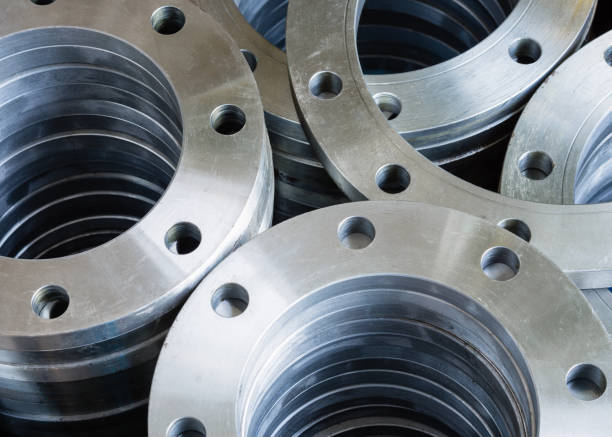
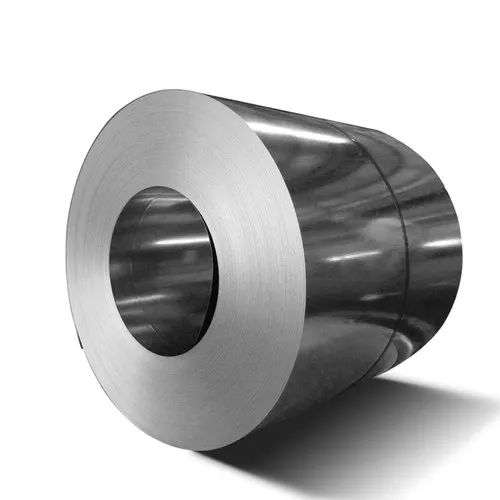
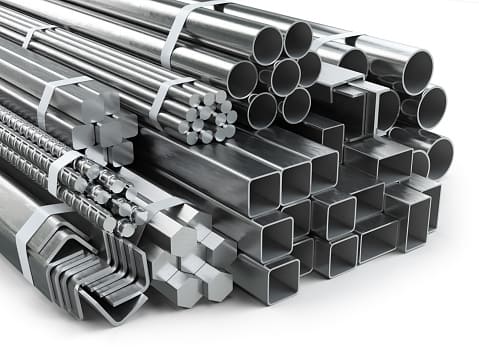
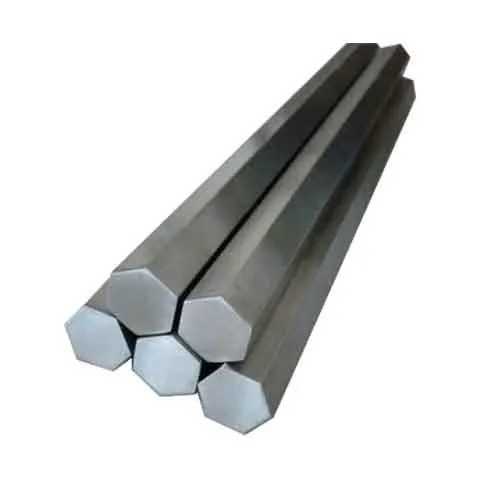
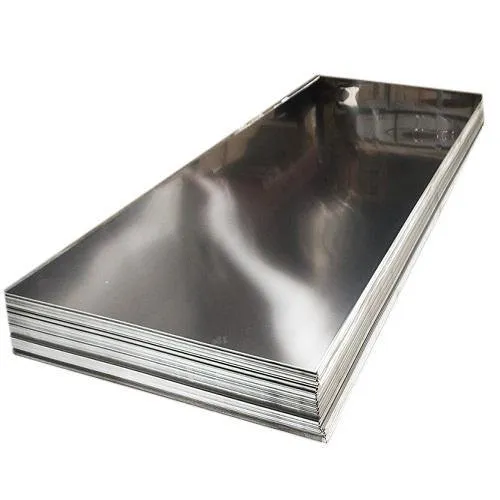

Grades We Offer:
- Cupro Nickel Alloys (90/10, 70/30)
- Hastelloy (C-4,C22,C276,B-2)
- Nickel (200 / 201 / 205)
- Monel (K400 & K500)
- Inconel (600,601,625 & 825)
- Incolloy (800, 800H)
- Alloy 20
- Titanium
- Tungston
- Moly
- Kanthal
- Nimonic Nichrome
- Cobalt
- Sanicro (28, SS904L)
Variety We Offer:
- Coils
- Foils
- Flats
- Strips
- Blank (Circle)
- Ring (flange)
- Perforated sheets
Industries We Serve high nickel alloys to:
- Chemical : In this sector, alloys like Hastelloy and Monel are used for equipment such as reactors, heat exchangers, and piping systems that handle corrosive chemicals and high temperatures.
- Power Generation: In power plants, especially those involving gas turbines and nuclear reactors, high nickel alloys are used for components that operate under high temperatures and pressures. They help ensure reliability and efficiency in power generation.
- Aerospace Industry: High nickel alloys, such as Inconel and Hastelloy, are used in aerospace components like turbine blades, exhaust systems, and combustion chambers. Their ability to withstand extreme temperatures and high stresses is crucial for jet engines and rocket motors.
- Medical Technology: Certain high nickel alloys, like those used in surgical instruments and implants, provide the strength, flexibility, and corrosion resistance needed for medical applications.
- Oil & Gas: High nickel alloys are utilized in the oil and gas industry for components like downhole tools, drill bits, and pipeline systems. They provide durability and resistance to harsh conditions, including high pressure and corrosive environments.
- Petrochemical: High nickel alloys are used in the petrochemical industry for refining processes, where they resist the corrosive effects of chemicals and high temperatures.
- Pulp and Paper: Equipment in this industry, such as digesters and bleaching systems, often uses high nickel alloys to resist corrosion from chemicals used in processing.
Characterstics Of High Nickel Alloys:
Corrosion Resistance: High nickel alloys are highly resistant to corrosion, including oxidation and pitting, even in harsh environments like seawater or acidic conditions. This property is crucial for applications in chemical processing, marine environments, and oil and gas industries.
High-Temperature Strength: These alloys maintain their strength and structural integrity at elevated temperatures. This makes them suitable for high-temperature applications such as gas turbines, aerospace components, and power generation equipment.
Oxidation Resistance: High nickel content helps these alloys resist oxidation, which is the reaction of metals with oxygen that can lead to deterioration at high temperatures. This is particularly important in environments like jet engines and high-temperature reactors.
- Mechanical Strength: They exhibit high tensile strength and creep resistance, allowing them to withstand heavy loads and stresses without deforming or failing. This property is essential for components subjected to high pressures and mechanical stresses.
- Ductility and Toughness: Despite their strength, high nickel alloys generally maintain good ductility and toughness, meaning they can be deformed without breaking and can absorb energy without cracking. This is important for components that need to endure dynamic or impact loads.
- Thermal Stability: These alloys are stable over a wide range of temperatures. They do not undergo significant changes in their mechanical properties or microstructure when exposed to varying thermal conditions.
- Resistance to Stress Corrosion Cracking: High nickel alloys are less susceptible to stress corrosion cracking, which can occur when metals are exposed to tensile stress and corrosive environments simultaneously.
- Good Weldability: Many high nickel alloys can be welded with appropriate techniques and filler materials, which is advantageous for fabricating complex components and assemblies.
- Low Magnetic Permeability: Some high nickel alloys, such as those used in electronic and magnetic applications, have low magnetic permeability, making them suitable for specialized applications in electronics and instrumentation.
Value Added Services:
- Annealing
- Pickling
- Rolling
- Forging
- Minor
- Cutting
- Bending
- Fabrication
- Bending
NICKEL ALLOYS GRADES WE OFFER:
- HASTELLOY C-276
- HASTELLOY C-22
- HASTELLOY C-4
- HASTELLOY B-2
- HASTELLOY B-3
- HASTELLOY C-2000
- HASTELLOY G-30
- HASTELLOY G-35
- INCONEL 600
- INCONEL 617
- INCONEL 690
- INCONEL 601
- INCONEL 625
- INCONEL 693
- INCONEL 725
- INCONEL 706
- INCONEL 718
- INCONEL 783
- MONEL 400
- MONEL 404
- MONEL 404
- MONEL R-405